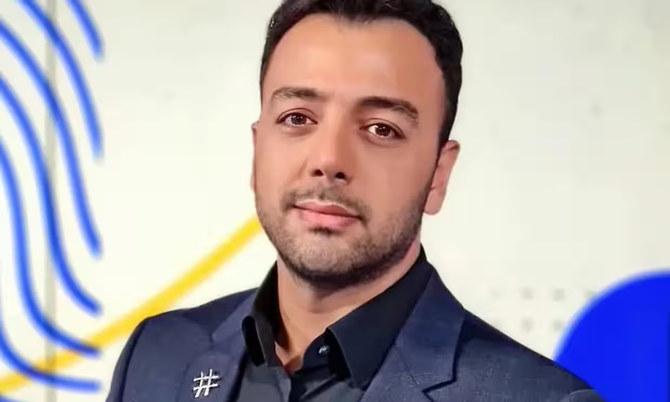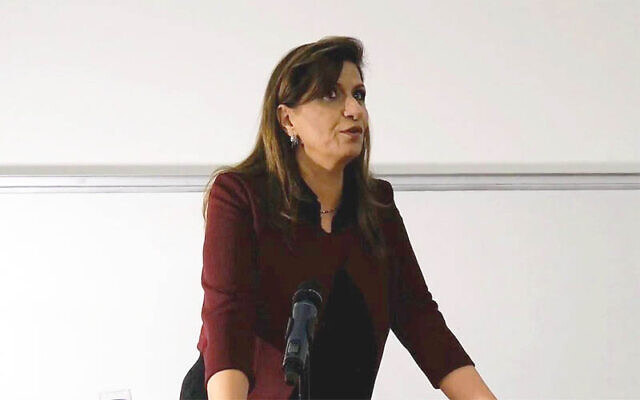ANKARA: Media experts have warned that online news outlets in Turkey and streaming platforms that operate in the country, such as Netflix, might soon be subject to censorship by state-run radio and television watchdog the Radio Television Supreme Council (RTUK).
According to new regulations published in the Official Gazette on Thursday, such media outlets would need to apply for a license within a month and establish a corporate office in Turkey. The content that they provide will be monitored the same way that RTUK currently supervises traditional media outlets.
Digital media outlets based in other countries that broadcast in the Turkish language might also be affected by the legal amendment. Local streaming websites such as BluTV and PuhuTV, which have broadcast many popular series in recent years without censorship, would also be monitored by RTUK under the new regulations. Free online news outlets funded by advertising revenue are also covered by the legal amendment.
The new regulations are currently open to comments, and the legal framework to implement them will be discussed by Parliament in the coming months.
Experts warned that the changes could clear the way for banning access to digital platforms that broadcast from other countries, and lead to censorship of content. Some see the new regulations as the latest attempt by the government to tighten its control over all sections of the media, especially alternative channels.
“Turkey is a country of people who prefer to watch or listen rather than reading,” said Dr. Sarphan Uzunoglu, assistant professor of multimedia journalism at Lebanese American University. “This legal amendment seems to be targeting both Netflix-like global streaming corporations and independent media outlets in Turkey, such as Medyascope or some internationally backed multimedia projects.”
According to the regulations, if content providers fail to meet as-yet-unspecified standards, they will be given a month to improve or their licenses will be suspended for three months, and could ultimately be withdrawn.
Turkey is a country of people who prefer to watch or listen rather than reading.
Dr. Sarphan Uzunoglu, Assistant professor of multimedia journalism at Lebanese American University.
Uzunoglu believes that the new regulations could have a number of possible effects. It could be drastic and ban or force out of business some platforms that publish multimedia news content, depriving Turkish citizens of proper, unbiased, independent journalism. Alternatively, it might focus mostly on bigger international platforms such as Netflix, which has about 75,000 subscribers in Turkey.
“However, I think it would be naive to think that the Turkish government won’t use this new regulation for its political agenda,” Uzunoglu added.
He said that it is no coincidence that Netflix has been singled out for criticism by several conservative magazines and newspapers recently, or that a report by pro-government think tank SETA had targeted internationally backed media organizations operating in Turkey.
“It is scary to think about a digital environment that is totally regulated by licenses given by a governmental organization and under their supervision,” said Uzunoglu. “It is totally against the decentralized and democratic nature of the new media landscape.”
The BBC, German broadcaster DW, France24, and the US state-owned Voice of America recently launched a Turkish-language YouTube news channel called +90 to boost media freedom in Turkey. The new regulations will cover the channel, which will now require a license and could face strict monitoring or censorship of critical content.
Suncem Kocer, a professor of media and communication at Kadir Has University in Istanbul, said the new regulations represent a massive step by the state to limit and control the diversity of the media sector in Turkey, which has already faced clampdowns for reasons of “national security” and “public morality.”
“Morality and security are, of course, familiar arguments for justifying this backward and out-of-date regulation,” she said. “It is out of date because the internet is not like the traditional television medium, which can supposedly be regulated by a commission that is fed by officers watching broadcast TV content on a daily basis,” she told Arab News.
Kocer also noted that given the wide scope of the regulations, setting consistent operational standards seems unlikely and so they will are likely to result in further restrictions on alternative media outlets in Turkey.
“Alternative news media have already been pushed to the internet space a long time ago,” she said. “Now these news platforms will face a huge licensing issue and, even after being licensed, they will be subject to strict regulation.
“We already know that both ‘national security’ and ‘public morality’ can be stretched to cover any current political agenda.”


























